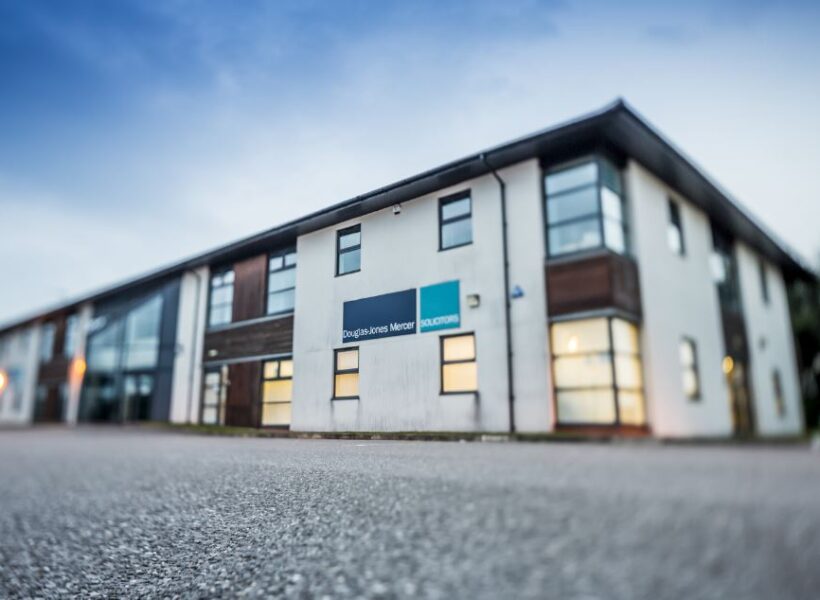Drones in the Construction Industry
Date: November 1st 2018
A Fun Gadget or An Invaluable Commercial Tool?
Over the years we have observed technology once seen in Hollywood blockbusters slowly but surely become a reality.
Gadgets previously seen as a novelty are now being used by more and more people in innovative ways for the benefit of their businesses. The real-life application of drones in the construction industry is becoming more and more widespread. A recent PwC report predicted an £8.6 billion increase in gross domestic product as a result of the use of drones in the construction and manufacturing sectors by year 2030.
This year, leading Chinese manufacturer DJI announced the largest ever order of commercial drones with several of the UK’s largest construction companies following suit.
From a snapshot, the site data that drones capture provide contractors and employers with valuable information, ultimately improving the efficiency of projects and narrowing the scope for potential disputes.
Drones and Dispute Resolution
The construction industry is increasingly using drones for aerial survey work which is providing more accurate and efficient results. They are providing views and information from angles not possible before their implementation, allowing contractors to have a full image of the works as they progress.
The data captured by drones can also be integrated to assist in the development of building information modelling more accurately and proficiently to minimise time, personnel and material wastage – all leading to less costs which can be difficult and expensive to recover in a legal dispute.
Drones can also be implemented to undertake surveys in potentially hazardous areas such as heights or confined spaces which could give rise to injuries on site. In addition, it would be possible to obtain aerial site data which is not possible by other means.
Agreement as to the use of drones, frequency of flight and data capture can all be incorporated by agreement between the parties at the outset of the project.
Construction disputes relating to time delay are particularly common. These disputes are often over complicated by the identification of objective fact upon the progress of works, often as a result of incomplete record keeping by one or both sides.
When records are incomplete, or necessary data is missing, disputes become time consuming and expensive to resolve. Protracted arguments often delay the time it takes to resolve the dispute, with the day to day working relationship between employer and contractor becoming strained.
Drone captured data is increasingly seen as a valuable resource to narrow the scope of conflicting accounts over progress. By utilising drone data, parties have a factual starting point.
Laws, Regulations and Rules
As of Spring 2018, the UK government released a new set of regulations concerning the use of drones via an amendment to the Air Navigation Order 2016. The measures seek to expand and monitor the use of drones within a commercial context.
The regulations specify that:
- Drones over 250g will have to be formally registered.
- Drone pilots will have to sit a safety awareness test before they’re allowed to fly.
- The police will have powers to ground drones if suspected of unsafe flying or criminal activity.
- Like a driving license, drone pilots will be required to present their registration documents if requested by the police.
- Drone pilots will have to use apps to ensure their planned flights are safe and legal. Restricted areas will be easier for pilots to view such as schools and military bases.
- Drones may be completely banned from flying near airports or over 400ft.
Pilots may be subject to fines or penalties if found in failure to comply with the new regulations. It is therefore important to ensure that advice is sought before integrating them into your business.
Should you have any concerns about the use of drones on-site or a potential construction dispute, please contact our Dispute Resolution team on 01792 650000 who will be happy to assist.

